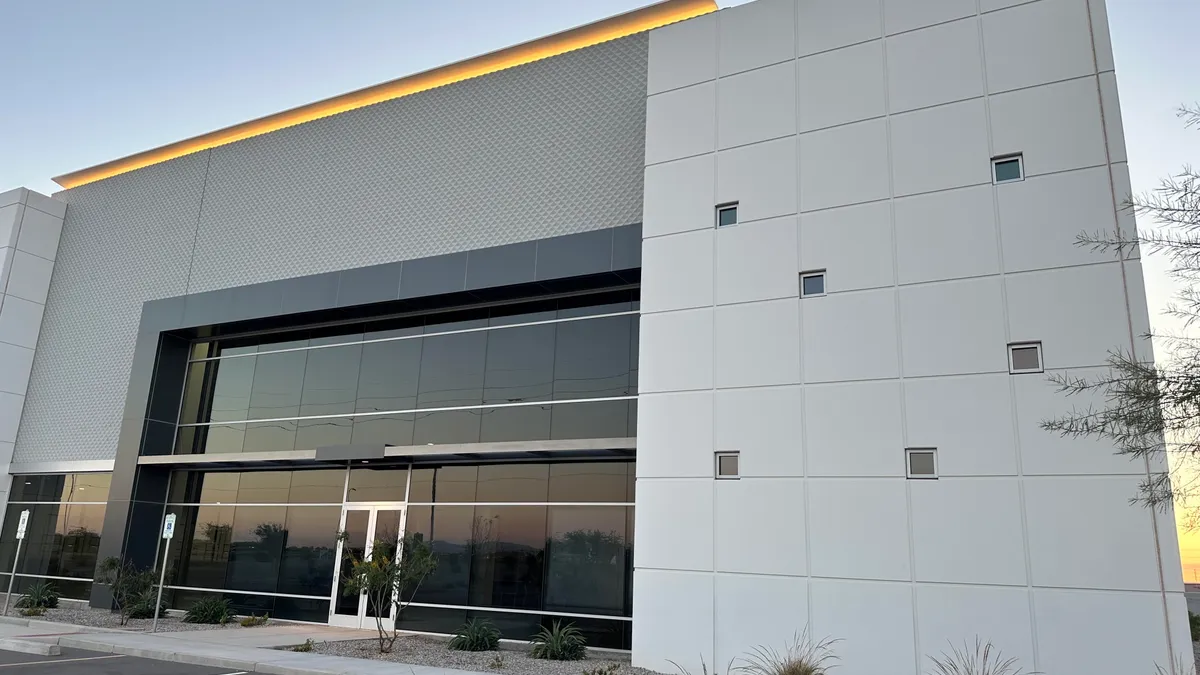Dive Brief:
- Real estate rents for logistics facilities in the U.S. and Canada fell 7% last year as the COVID-19 pandemic's effect on demand continued to wane, according to the 2024 Prologis Logistics Rent Index.
- Southern California drove much of the decline, as the key warehousing market saw rents decline over 20% after more than doubling from 2020 to 2022 amid surging demand, per the index. Excess supply also played a role in certain markets, including Dallas and Phoenix.
- "Delayed decisions, consolidation efforts, limited capital access and ongoing supply chain uncertainties suppressed absorption rates as users leveraged existing capacity, moderating rent growth," the report said.
Dive Insight:
For the U.S., it was the first time that annual logistics rents declined since the global financial crisis of 2007 to 2009, according to Prologis. Despite the drop, 2024 year-end market rents were 59% higher than they were five years ago, meaning "leases rolling in 2025 still face a significant increase in most locations."
Prologis noted new leasing activity tended to favor Class A properties last year as tenants sought higher-quality facilities, with annual rent growth in the newest buildings outperforming older facilities by about 100 basis points. This pushed Class B and C properties to drop rents to attract customers.
Warehouse demand could heat back up again in 2025, and availability is expected to tighten as building completions slow, according to Prologis.
"Improved economic growth, the need to navigate a shifting trade environment, on/nearshoring, and the need to secure bulk space amid fewer availabilities could drive leasing activity in 2025," Prologis said.
Third-party logistics providers will drive much of the demand this year, according to a CBRE report, as retailers and wholesalers outsource distribution operations for flexibility, capital preservation and focus. This will keep 3PLs' share of overall industrial leasing activity at or near 35% in 2025, the report added.
"Utilizing 3PLs allows for more inventory flexibility, a key component to retailer success in times of uncertainty," CBRE said. "It also allows companies to focus on core business competencies that drive revenue, such as product development, sales and customer service."














